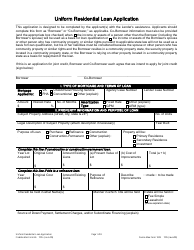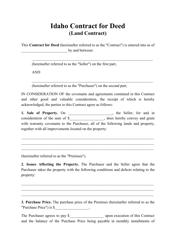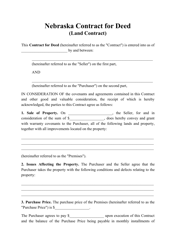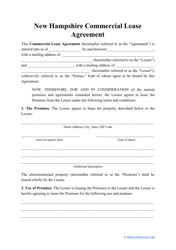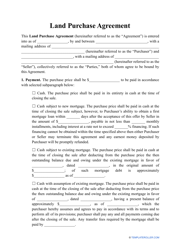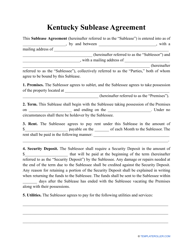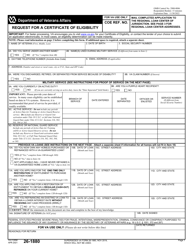10 Tips for Buying Land for Commercial Use in the United States

The trend of buying land attracts all sorts of people – first-time buyers, experienced developers, and investors. If you are looking to buy land for commercial use, you need to explore and examine all the pros and cons to make the process as smooth and quick as possible.
How to Buy Commercial Land?
1. Find a good location. Look for a location convenient for suppliers, customers, and employees. If you want to purchase land to build a house, it is necessary to research the property and its surroundings.
2. Work with professionals. Find a land planner to design and create plans for the commercial use of the land and find a real estate agent. An experienced realtor or a lawyer will help you to draft a land purchase agreement and prepare for a sale and assignment of the contract.
3. Prepare for considerable expenses. The costs will vary according to the location and the size of the land. If you do not have enough funds, you might consider getting a loan for purchasing commercial land. An escrow is an important step of the commercial real estate purchase process – a neutral third party holds funds in an account until all of the requirements of the escrow agreement are met. Escrow officers, also known as loan officers, are the individuals who will determine if you qualify for a loan. They specialize in the complexities of closing a real estate transaction.
4. Consider leasing. One of the options is leasing land for commercial use. If you are reluctant to make a long-term commitment, it might be the right choice for you.
5. What about a land contract? Land contracts are often used in real estate purchase. They require the buyer to make installment payments directly to the seller without borrowing money from a bank or a lender.
6. Research the required permits. Municipal authority-issued land permits and zoning permits might be required for the construction. Check zoning ordinances to comply with specifications and requirements for the intended use of the land. If you have any questions or concerns, you can consult with your local zoning office. One of the most important steps in purchasing land is obtaining a building permit after buying land, so adhere to all the obligatory requirements.
Find out the kind of zoning your future business needs and make sure the chosen location lets you conduct your business affairs.
7. Do a check-up of the property. Properly check the condition of the property - the environmental issues of the land and the general wear and tear on the existing structures on the property.
8. Get insurance. Make sure the real estate is protected with comprehensive insurance coverage. Since buying land is a significant investment, it would be wise to choose the best possible insurance for your property.
9. Get familiar with your paperwork. There are various real estate documents completed when buying land for business use. These include real estate deeds (a warranty deed, a bargain and sale deed, a quitclaim deed, or a deed of trust) and affidavits (a non-foreign affidavit is required when the seller is not a foreign individual and an affidavit of title that specifies under oath that the seller is actually the possessor of the title of a real estate).
You might have to sign a bill of sale - also known as the "purchase and sale" - the document establishing the details of the transaction between the seller and the buyer.
10. Monitor the process. The land purchase involves considerable documentation, including warranties and supplier guarantees. Monitor the drafting of these papers since they verify the title and security of the real estate and protect you in case of seller’s non-compliance with the obligations.
How to Start Investing in Commercial Real Estate?
When you evaluate any land-buying opportunities, you need to consider the following aspects:
- What to do with the land. You should ask yourself why you want to purchase land and what you plan to do with it. Take into account all the possible investment solutions;
- Think about the land – is it big enough for your needs and are there any disadvantages that may hurt you down the road;
- Prepare your budget wisely, taking into consideration all the costs and expenses necessary. Ideally, you should create a solid investment appraisal for the real estate development project;
- There are many places to find suitable land, for example, national and local estate agents, specialist land and property auctions, local authorities and the government.
Many people ask the question: can commercial land be used for residential purposes? The answer is: a real estate’s use is determined and governed by zoning. If the real estate is located in a commercial zone, then you can only use it for commercial purposes, just like you cannot purchase residential land for commercial use without prior conversion. For that, you need to obtain permission from the municipal authority.
